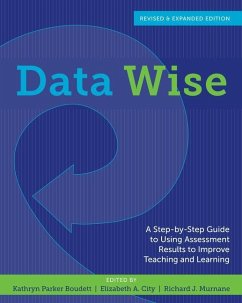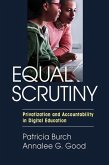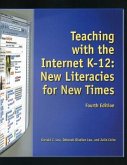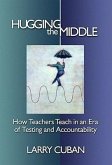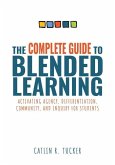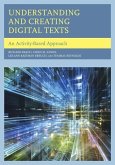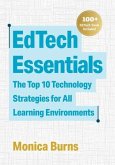In the wake of the accountability movement, school administrators are inundated with data about their students. How can they use this information to support student achievement? Data Wise presents a clear and carefully tested blueprint for school leaders. It shows how examining text scores and other classroom data can become a catalyst for important schoolwide conversations that will help schools capture teachers' knowledge, foster collaboration, identify obstacles to change, enhance school culture and climate, and improve students' results. The rich experience of the contributors--among them exemplary school leaders and top scholars in the field of statistics and testing--is reflected in the case studies that illustrate each chapter. "This book provides a great variety of useful ideas and tools for analyzing student achievement data. It serves as an important and significant resource for school leaders in utilizing data to improve instruction and increase student achievement." -- Gerald N. Tirozzi, Executive Director, National Association of Secondary School Principals "The step-by-step process described in this invaluable book has helped me engage my faculty in lively, frank, and productive discussions about our student assessment results. Now we are able to make the connections between data and instruction in ways that improve teaching and learning systematically throughout the school." -- Janet Palmer Owens, Principal, Mason Pilot School, Boston, Massachusetts. "A masterful example of what can happen when great scholars confront real-world problems." -- Michael Feuer, Founding Director, Board of Testing and Assessment, National Research Council of the National Academies Kathryn Parker Boudett teaches at the Harvard Graduate School of Education. Elizabeth A. City teaches aspiring principals at Boston's School Leadership Institute and is currently a doctoral student at the Harvard Graduate School of Education. Richard J. Murnane, an economist, is the Thompson Professor of Education and Society at the Harvard Graduate School of Education.
Hinweis: Dieser Artikel kann nur an eine deutsche Lieferadresse ausgeliefert werden.
Hinweis: Dieser Artikel kann nur an eine deutsche Lieferadresse ausgeliefert werden.

